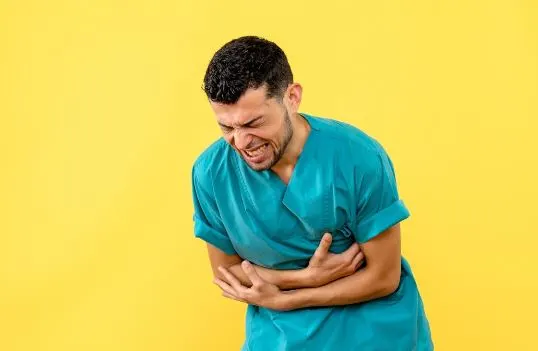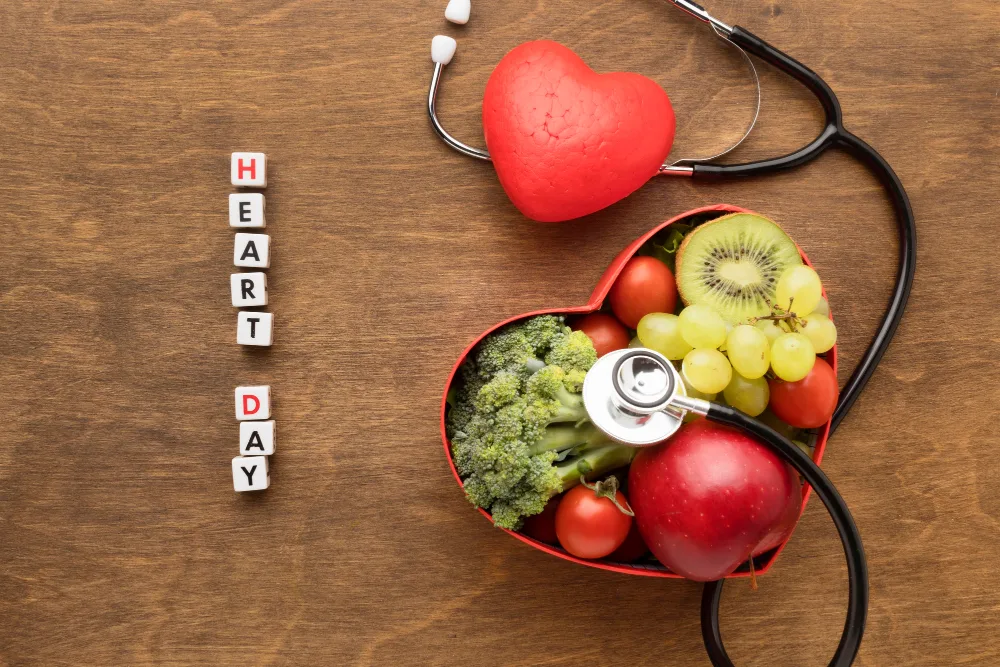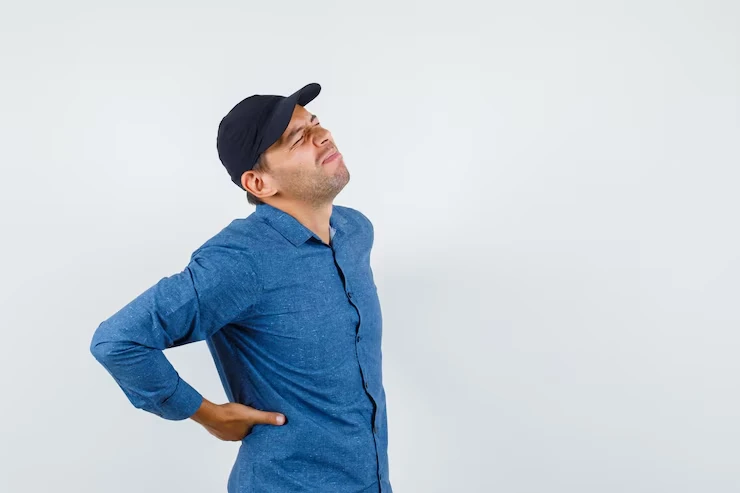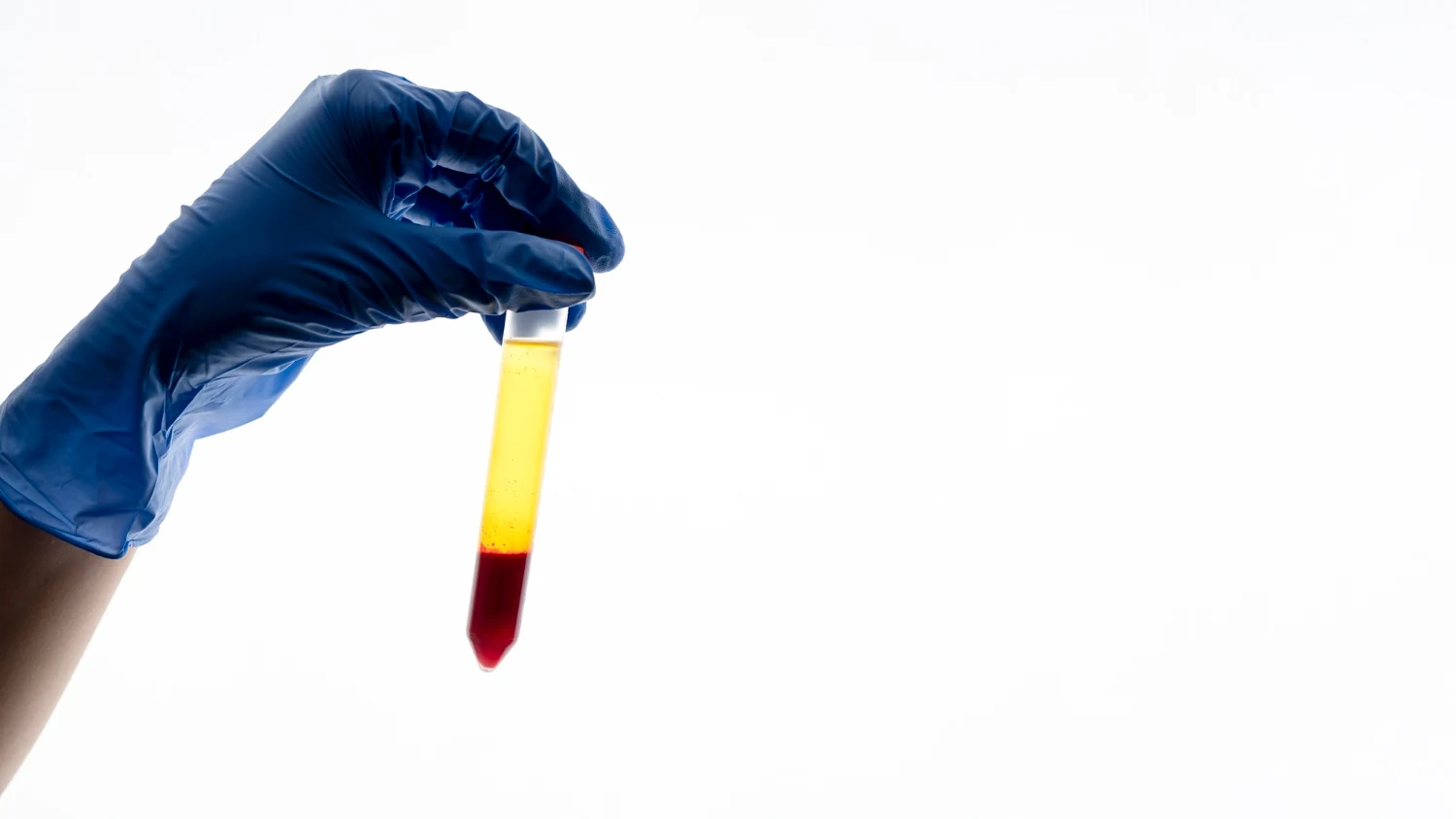Understanding Kidney Stones: Causes, Risk Factors, And How They Form
Category: Urology
Kidney stones are a painful yet common health condition affecting millions worldwide. These hard mineral deposits form inside the kidneys and can cause severe discomfort when passing through the urinary tract. But what causes them? What factors increase the risk? And how do they form in the first place? Let’s explore the science behind kidney stones, their triggers, and what you can do to reduce your chances of developing them.
What Are Kidney Stones?
Kidney stones, also known as renal calculi, are solid masses made up of crystallized minerals and salts. They form when urine becomes too concentrated, allowing minerals to bind together and create stones. These stones vary in size—some as small as a grain of sand, others as large as a golf ball. While small stones may pass unnoticed, larger ones can block the urinary tract, causing severe pain and complications.
How Do Kidney Stones Form?
Kidney stone formation is a complex process influenced by various biological and environmental factors. The primary mechanism involves:
- Supersaturation of Urine: When urine contains high levels of minerals like calcium, oxalate, or uric acid, they begin to crystallize.
- Crystallization: These tiny crystals start sticking together, forming larger aggregates over time.
- Stone Growth: If the conditions persist, the crystals grow into larger stones, which may remain in the kidney or travel down the urinary tract.
Common Causes of Kidney Stones
Several factors contribute to the development of kidney stones, including:
- Dehydration: Inadequate water intake leads to concentrated urine, increasing the likelihood of mineral crystallization.
- Dietary Choices: A diet high in sodium, oxalate-rich foods (like spinach and nuts), and animal proteins can contribute to stone formation.
- Genetic Factors: A family history of kidney stones raises the risk of developing them.
- Medical Conditions: Conditions like hyperparathyroidism, obesity, and digestive diseases can increase susceptibility.
- Certain Medications: Some drugs, including diuretics and calcium-based antacids, may promote stone formation.
Risk Factors for Kidney Stones
While anyone can develop kidney stones, some people are at higher risk due to:
- Insufficient Fluid Intake: People who don’t drink enough water are more prone to kidney stones.
- Diets High in Sodium and Protein: Excessive salt and red meat consumption can lead to calcium buildup in urine.
- Obesity: Being overweight increases the risk of kidney stones due to metabolic changes.
- Recurrent UTIs: Chronic urinary tract infections (UTIs) can contribute to certain types of kidney stones.
- Digestive Disorders: Conditions like Crohn’s disease or gastric bypass surgery can affect how the body absorbs minerals.
Types of Kidney Stones
Kidney stones come in different types, each with distinct causes:
- Calcium Stones: The most common type, made of calcium oxalate or calcium phosphate, often linked to high oxalate consumption.
- Uric Acid Stones: Formed due to high uric acid levels, commonly seen in people with gout or those on high-protein diets.
- Struvite Stones: Develop due to urinary tract infections, growing quickly and potentially becoming large.
- Cystine Stones: A rare type caused by a genetic disorder that leads to excess cystine in the urine.
Symptoms of Kidney Stones
Kidney stones may not cause symptoms until they begin moving through the urinary tract. Common signs include:
- Severe pain: Usually in the back, side, or lower abdomen
- Painful urination
- Frequent urge to urinate
- Blood in urine (hematuria)
- Nausea and vomiting
- Cloudy or foul-smelling urine
If you experience severe pain or difficulty urinating, seek medical attention immediately.
Preventing Kidney Stones
Reducing your risk of kidney stones involves simple lifestyle and dietary changes:
- Drink Plenty of Water: Aim for at least 2–3 liters daily to dilute urine.
- Limit Salt and Protein Intake: Reduce processed foods and excessive animal protein.
- Monitor Oxalate Consumption: Avoid oxalate-rich foods like spinach, chocolate, and nuts if you’re prone to calcium oxalate stones.
- Increase Citrate Intake: Citrus fruits like lemons and oranges can help prevent stone formation.
- Maintain a Healthy Weight: Obesity increases the likelihood of kidney stones.
Treatment Options for Kidney Stones
The treatment approach depends on the stone’s size and severity:
- Small Stones: Drinking fluids and taking pain relievers may help pass the stone naturally.
- Medications: Certain drugs can break down stones or prevent their formation.
- Extracorporeal Shock Wave Lithotripsy (ESWL): Uses sound waves to break stones into smaller fragments for easier passage.
- Ureteroscopy: A thin tube is inserted into the urethra to remove stones or break them apart with a laser.
- Surgery: In severe cases, larger stones may require surgical removal.
Conclusion
Kidney stones can be painful and disruptive, but understanding their causes and risk factors can help in prevention. Staying hydrated, eating a balanced diet, and seeking timely medical care are essential steps in reducing the risk. If you suspect kidney stones, consult a healthcare professional for proper diagnosis and treatment.
FAQs
1. What is the most common cause of kidney stones?
The most common cause is dehydration, leading to concentrated urine and crystal formation.
2. Can kidney stones be prevented?
Yes, staying hydrated, maintaining a balanced diet, and avoiding excess salt and animal protein can help prevent kidney stones.
3. How long does it take to pass a kidney stone?
It depends on the stone’s size. Small stones may pass within a few days, while larger ones can take weeks or require medical intervention.
4. Are kidney stones hereditary?
Yes, a family history of kidney stones increases your risk.
5. What foods should I avoid if I’m prone to kidney stones?
Limit high-oxalate foods like spinach, nuts, and chocolate, as well as high-sodium and high-protein diets.
6. Do kidney stones always cause pain?
Not always. Some small stones pass unnoticed, but larger ones can cause severe pain.
7. Can drinking lemon water help with kidney stones?
Yes, lemon water contains citrate, which can help prevent calcium stones from forming.
8. When should I see a doctor for kidney stones?
Seek medical attention if you experience intense pain, blood in urine, fever, or difficulty urinating.






